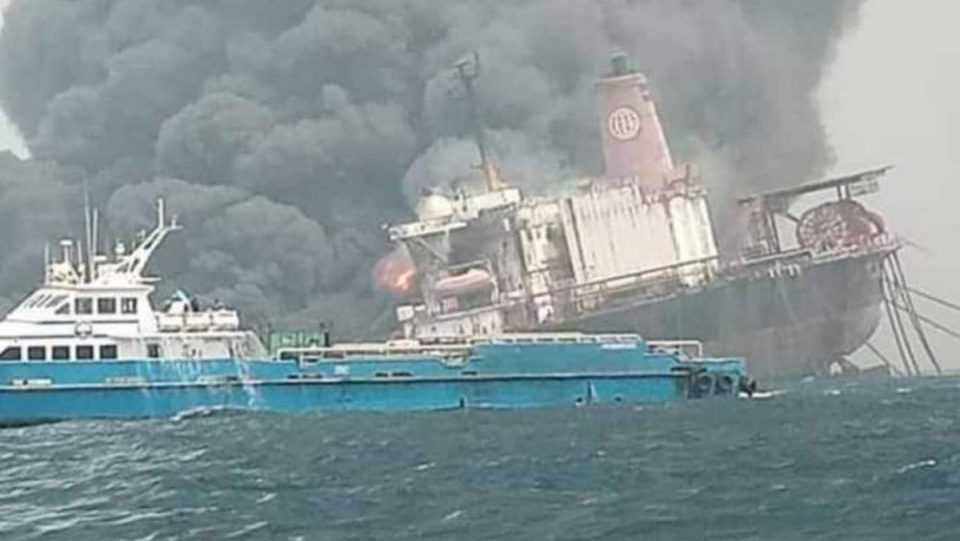Experts in the oil and gas sector have allayed fears suggesting that the country may not meet its production output quota following the explosion that rocked the Trinity Spirit Floating Production, Storage and Offloading (FPSO), operated by Shebah Exploration & Production Company Limited (SEPCOL) at the Ukpokiti Terminal, near Escravos, Delta State.
It will be recalled that last week, the Organisation of Petroleum Exporting Countries+ (OPEC+), allocated 1.718 million barrels per day production output to the country.
This is because the vessel, with capacity to produce oil at the rate of 22,000 bpd; inject up to 40,000 barrels of water per day and store two million barrels of oil, is said not to have been pumping crude oil since 2019 from the OML 108 and has been used for storage.
At the weekend, a statement obtained by The Nation from the Senior Analyst, Zhenying Wu of Rystad Energy, an independent energy research and business intelligence company based in Oslo, Norway, the Trinity Spirit explosion is not expected to alter the country’s oil production and will therefore not have an impact on oil prices in the short term as the unit was not producing at the time of the explosion.
He, nonetheless, said the primary concern is the potential environmental implications of the situation, which will be hard to quantify until after the dust settles and the aftermath is assessed.
“The Trinity Spirit explosion is not expected to alter Nigerian oil production and will, therefore, not have an impact on oil prices in the short term, as the unit was not producing at the time of the explosion. The maximum liquid (crude oil) production rate for this vessel – 22,000 bpd – represents less than two percent of the total Nigerian crude oil production based on 2021 levels of 1.3 million bpd,” Wu explained, adding that it is unlikely that it was operating at full capacity or had full storage at the time of the incident.
Checks showed that the FPSO vessel was positioned in the Ukpokiti field, where it has operated since 1997. The hull of the Trinity Spirit was originally built in 1976 and the latest upgrade took place in 1997.
Wu further said the FPSO vessel was at the end of its lifespan.
Meanwhile, SEPCOL’s Chief executive officer, Ikemefuna Okafor, in a signed statement obtained by The Nation, noted that the firm is currently working with necessary parties to contain the situation.
“At this time there are no reported fatalities, but we can confirm that there were 10 crew men on board the vessel prior to the incident and we are prioritising investigations with respect to their safety and security. We have duly notified all relevant authorities and we appeal to the members of the public to stay away from the area while our Crisis Management Team continue to monitor the situation and update all stakeholders with new information as the investigation evolves,” the signed statement read.
Okafor expressed appreciation for the assistance provided by the Clean Nigeria Associates, the Chevron team operating in the nearby Escravos facility and community stakeholders as well as fishermen, who he said have been of tremendous assistance since the incident happened.




